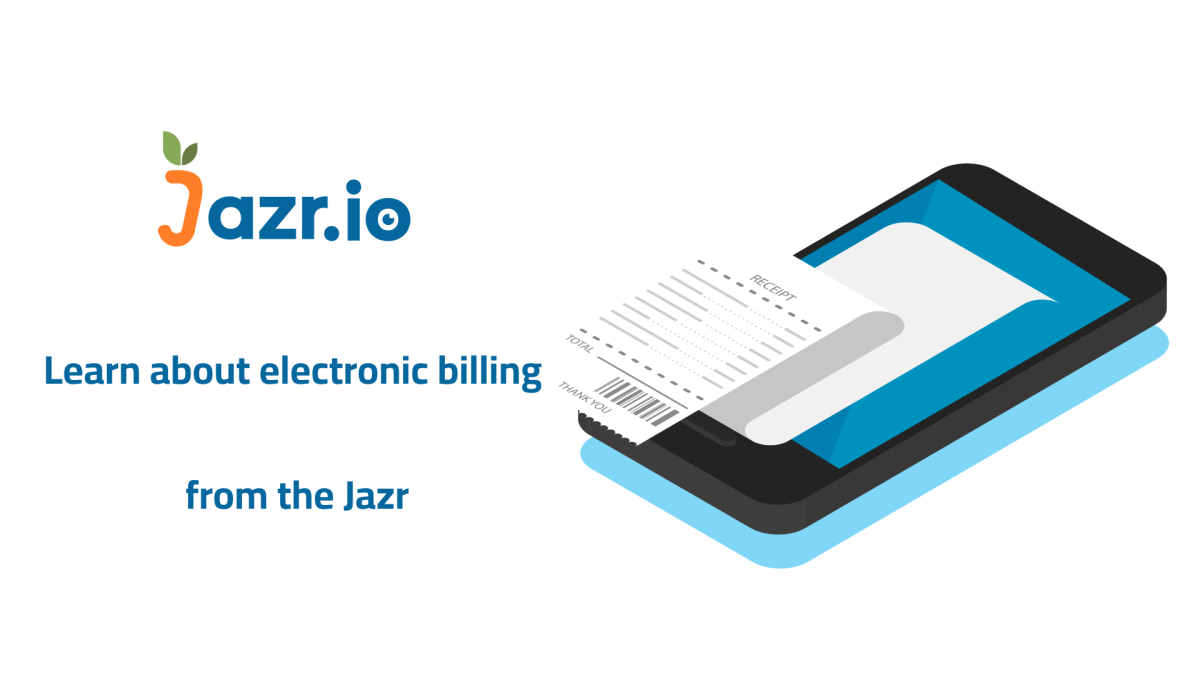E-invoicing is a system that allows businesses and individuals to issue and exchange invoices online instead of relying on traditional paper invoices. This approach marks a significant step toward digital transformation, offering substantial benefits for businesses and individuals alike. Below are some of the main advantages of e-invoicing:
Saves Time and Effort
With an e-invoicing system, invoices can be quickly and easily issued and exchanged online, saving the time and effort required for paper invoices. Additionally, the system facilitates monitoring and managing invoicing processes, enhancing administrative efficiency.
Reduces Human Error
E-invoicing relies on digital systems, which minimizes the likelihood of human error. The system can verify the accuracy of data and automatically update it, reducing mistakes that occur with manual data entry.
Improves Customer Experience
By speeding up the invoice issuance and delivery process, companies can offer a better experience for their customers. Customers receive their invoices quickly and can pay through electronic payment options, adding convenience and ease to the payment process.
Ensures Compliance with Legal Regulations
Many countries now require compliance with e-invoicing standards to improve transparency and reduce tax evasion. E-invoicing helps companies comply with changing regulations, reducing legal risks.
Reduces Costs
Relying on an e-invoicing system reduces the need for paper, printing, and shipping costs. Digital systems can also help manage payments and reminders, reducing costs associated with delayed payments and invoice collection.
Enhances Security
E-invoicing often includes higher security levels than paper invoicing. Data can be encrypted and secured with passwords and other protection measures, safeguarding financial information from unauthorized access or tampering.
Facilitates Financial Analysis
Thanks to the data provided by e-invoicing, companies can access accurate reports on sales, payments, and receivables. This financial analysis helps in making informed decisions, improving financial planning, and forecasting future cash flows.
Contributes to Environmental Sustainability
Switching to e-invoicing reduces paper usage and environmental impact. This approach is eco-friendly and supports corporate social responsibility toward the environment.
Provides Fast Access to Data and Easy Analysis
E-invoicing allows instant access to financial data, making it easier to analyze and make decisions based on accurate information.
Conclusion
E-invoicing is not just an option that saves time and costs; it is a step towards enhancing efficiency, security, and compliance in business operations. By adopting it, companies can boost their competitiveness and offer faster and more flexible services to their customers.


